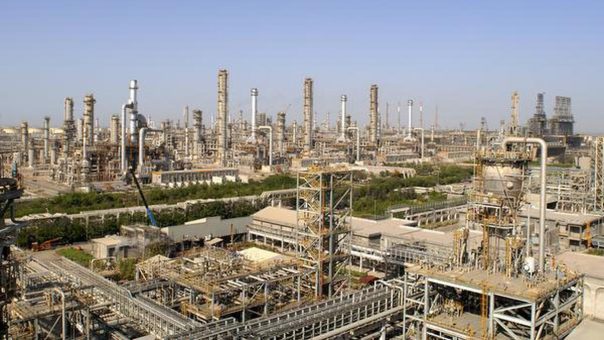By Nick Cunningham
On Thursday, Brent topped $80 per barrel for the first time since November 2014, breaching a psychological threshold amid tightening inventories and widening geopolitical risk.
Yet, even as oil prices have rallied to their highest point in three and a half years, investors have pared back their bullish bets on oil futures. Hedge funds and other money managers have cut their long positions for several consecutive weeks, perhaps as a bit of profit-taking, or maybe because the bullish positioning had appeared to have gone too far.
Indeed, investors pushed their net-length to record heights, but that has been whittled down a bit over the past month. That reduction has occurred even as oil prices have broken new multi-year record highs.
But betting that oil prices have hit a ceiling and liquidating bullish positions is a “dangerous” game, according to Goldman Sachs. The investment bank noted in a recent report that commodities are the “best performing asset class” posting “the best [year-to-date] returns in a decade.” Getting out now hardly makes sense.
“The rally likely has room to run, particularly from a returns perspective. Oil fundamentals are now more bullish as robust demand faces supply disappointments,” Goldman wrote in a note to clients. The bank hiked its expected returns on commodities over the next 12 months to 8 percent, up from 5 percent previously.
Venezuela is melting down, a sizable chunk of Iranian supply is at risk, supply losses in Angola have been larger than expected, and Brazil’s production growth has disappointed. Goldman says that there could be a 1-million-barrel-per-day supply gap as soon as this summer.
Related: Skeptic Geologist Warns: Permian’s Best Years Are Behind Us
More importantly, OPEC won’t preemptively act to mitigate the loss. History suggests that OPEC will have trouble catching up to that gap and keeping the oil market balanced – they tend to act too late when prices have already spiked. “In 2000, OPEC added 3.0 mb/d of supply against late cycle growth and returns were 51 percent as supply never caught demand and the U.S. had to use the SPR at year-end,” the investment bank wrote.
Moreover, any added supply from OPEC will help replace lost barrels from elsewhere, but it will also cut down on the group’s remaining spare capacity.
Goldman analysts shrugged off any concerns about demand destruction, painting a bullish picture for oil prices. “Growth concerns will likely prove temporary, realized demand remains robust and OPEC has never been able to catch late-cycle demand growth to replenish inventories before a recession occurs,” Goldman analysts wrote. “And even if growth were to decelerate further, it would take global GDP growth collapsing to 2.5 percent yoy to simply balance the oil market! We recommend not ‘riding this one out.’”
The bank also added that higher oil prices tend to lead to an expansion of credit in emerging markets, stoking growth further. In other words, higher commodity prices are beneficial to a lot of emerging market economies, which keeps the rally going for a while before a recession occurs. “Higher oil price leads to higher excess savings by the oil states, higher ex-US dollar liquidity and more dollar credit,
which in its turn boosts [emerging market] demand and leads to higher oil prices,” Goldman said.
Related: The Most Underappreciated Story In The Oil Market
All that means that the case for high returns from commodities is strong. Returns for investors in commodities are the best in a decade, “surpassing the returns of 2011 when the Arab Spring created a supply shock in Libya.” This cycle is different, Goldman argues, because the upswing is being driven by strong demand rather than an unexpected supply outage. Except, supply outages are now cropping up as well (Venezuela and potentially Iran), making the outlook for oil “more bullish than we had expected.”
The U.S. is the only source of supply growth that could fill the gap but even the prolific shale industry won’t be able to resolve the brewing supply crunch. Pipeline constraints could slow growth in the Permian by next year.
“Without aggressive action by OPEC/Russia, markets would likely remain in deficit and inventories would draw to critical operating levels by 1Q19,” Goldman Sachs analysts wrote.
Source: Oilprice.com








